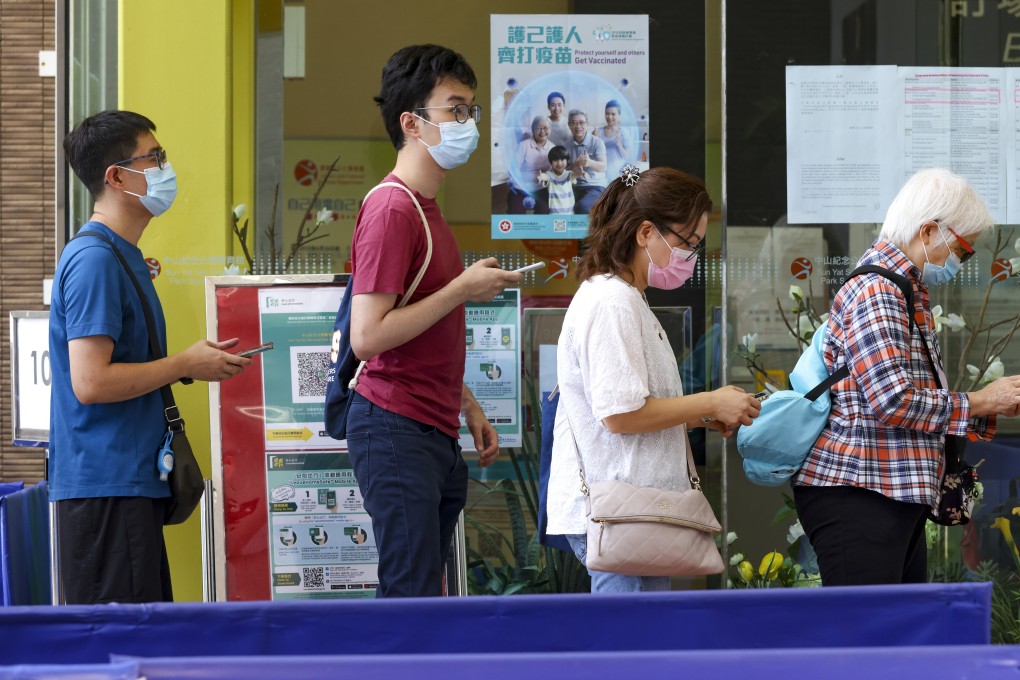Coronavirus: BioNTech third dose ‘not needed’ but final decision on extra shots for both Hong Kong vaccines postponed
- Full assessment of suitability of third shots for Sinovac jab not possible given lack of data, Hong Kong’s low inoculation rate
- Government committee advising on vaccine use delays to October its decisions on whether to recommend additional doses

Professor Lau Yu-lung, chairman of the Hong Kong government’s committee on vaccine preventable diseases, on Thursday said a lack of data and the city’s low inoculation rate, especially among the elderly, prevented a proper assessment of the pros and cons of administering third shots of the Sinovac jab.
He said the body, which was established under the Department of Health to provide science-based advice on vaccine use, would consider both types of jab in the round and had deferred the decisions to October.
Lau also stressed the two jabs were “similarly effective” from a personal protection perspective, and urged residents not to be alarmed by recent reports showing BioNTech’s version created 10 times more antibodies than Sinovac’s.
Officials also on Thursday imposed orders for an overnight lockdown and mandatory testing covering Block 6 of Handsome Court in Tuen Mun.
A person living in the area within the past three weeks had tested preliminary-positive after arriving from Dubai and was found to carry a mutant strain of the coronavirus.